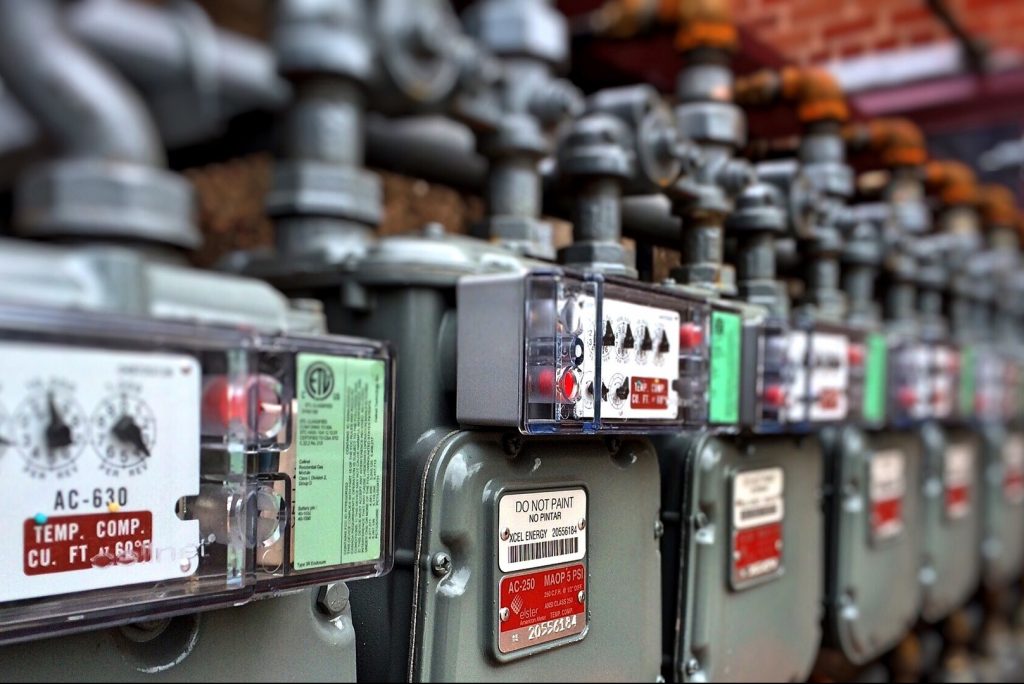RIO DE JANEIRO, BRAZIL – The majority (80%) of utilities rated by Fitch have little exposure to spot market prices, so high oil and gas prices are unlikely to have a significant impact on their cash flow, according to a report by the agency.
However, there are some countries in the region that could be more affected than others.
It should be recalled that amid geopolitical tensions triggered by the West’s sanctions against Russia, oil and gas prices have risen, and so have energy prices.

According to Fitch, utilities operating in Chile and Mexico have been hardest hit by high international oil and gas prices. In contrast, those in Brazil and Colombia are the least vulnerable.
Why does this affect some more than others?
Mexico is one of the most vulnerable countries because it is a net importer of natural gas from the U.S. and about 54% of Mexico’s total installed capacity requires natural gas for power generation, Fitch said.
“We do not expect the Federal Electricity Commission (CFE) to be able to fully pass on the higher costs to end-users. CFE will likely absorb the higher costs, which will put pressure on credit metrics. However, CFE’s ratings are in line with Mexican sovereign ratings,” the document continues.
Chile is a net importer of liquefied natural gas (LNG), coal and oil, and 45% of its installed capacity is thermal and mainly coal-fired. In addition to higher energy use, drought affects 25% of the country’s installed capacity based on hydrology, which helps power generation companies (gencos) in Chile generate electricity.
“High natural gas and coal prices are expected to have a differential impact on Chilean gencos’ credit metrics,” Fitch said.
On the Peruvian side, it points out that Peru produces enough gas to meet its needs and is a net exporter of LNG. “Argentina and Colombia generally produce enough natural gas to meet the daily demand for power generation and general consumption.
Both countries are exporters of crude oil, so local utilities are affected by rising energy prices.
“Colombian power producer TermoCandelaria Power’s credit metrics (BB/Stable) could improve as the utility is expected to benefit from the increase in the price differential between imported and domestic natural gas in power sales,” the report adds.
However, Fitch points out that utilities in Brazil and Colombia, which rely heavily on hydropower and renewables with 85% and 70% of installed capacity, respectively, have limited exposure to high energy prices.

